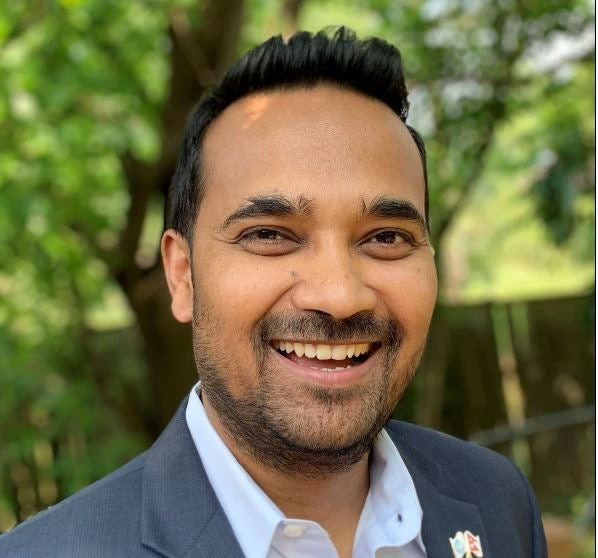
Data can improve lives when it is effectively used to generate insights and inform decisions. As the pandemic created an unprecedented, urgent need for good quality, timely data around the world, it also created an urgency to strengthen broad capacity and embrace a culture of data use to enable the public to understand and combat the virus effectively. Governments, media, and the public are using data to track the spread of COVID-19 and its effects. The COVID-19 crisis also demonstrated the consequences of low levels of data literacy and data-informed decisions and communication, which has led to confusion among the public, sowed distrust in science and institutions.
Data literacy is defined as an individual’s capacity to find, access, read, work with, and analyze data to responsibly inform decisions. Even before the pandemic, the need for data literacy and a culture of data use that fosters a high-quality supply of data and stimulates the demand for data-informed decision making, has been evident for years worldwide including countries in Africa.
For the better part of the last decade, Code for Africa and the World Bank have partnered to deliver a range of activities in the region to enable data access and use for decision-making at all levels of government officials and stakeholders in the media, civil society, academia, and the private sector.
As part of this long-standing partnership, in 2020, a series of activities were designed to support two national statistical agencies, 15 civic media and civil society organizations, and five universities or journalism institutes in Cameroon, Nigeria and Senegal, to help them turn data into actionable information. These activities included developing Massive Open Online Courses (MOOCs) delivered to at least 280 people where more than 50% of the participants were women. Additionally, socially distanced and virtual networking and experience-sharing events were also organized to help participants build a stronger community and learn from each other.
Nigeria’s National Bureau of Statistics was one of 22 institutions that worked with Code for Africa and the World Bank to develop their capacity to use data and strengthen the network of data users for data-driven decision making. Ogidan Ayokunle, program analyst at Nigeria’s National Bureau of Statistics, says that the data literacy training offered by Code for Africa he attended has influenced him and his colleagues at the Bureau. For his colleague, Akinyemi Akindele, also a fellow program analyst at the Bureau, Google Sheets were just like Excel. But that changed after he attended the training. He says he is now able to use more features of Google Sheets to analyze data than previously.
Code for Africa also supported the expansion of WanaData in Senegal and Cameroon. WanaData, an initiative of Code for Africa, is a Pan-African network of professional women working to change the digital landscape in the region. Lizzy Igbine from Wanadata’s Abuja Chapter said that Code for Africa through its training programs has impacted her “lives and work attitude”.
Participants of the program worked on hands-on projects to put their skills to practice. For example, Sola Abe, a member of WanaData, from Nigeria did an analysis driven by data and human experiences to advocate against female genital mutilation.
As investing in capacity building requires a sustained investment and focus, Code for Africa asked the participants what they would like to learn next. The participants of the program suggested a range of skills such as data collection and aggregation to database management, digital cartography and data visualization.
Based on the lessons learned from the Data Literacy Program in West Africa, Code for Africa intends to expand its offerings in collaboration with the World Bank to other regions in the continent to build partnerships, technical skills and encourage more women to join the data revolution.
Editor’s note:
Code for Africa (CfA) is the continent's largest network of civic technology and data journalism labs, with teams in 21 countries.
The World Bank’s Data Use and Literacy program delivers a range of activities to build capacity for data literacy and data use; enable data-driven decision-making; and democratize participation in the data revolution across low- and middle-income countries.





Join the Conversation